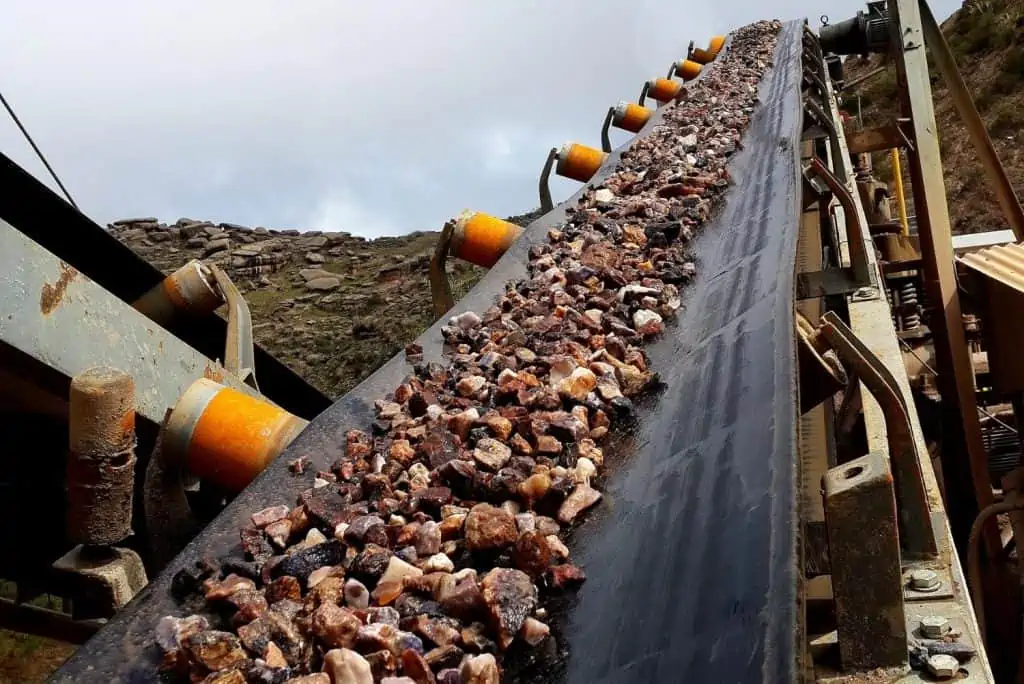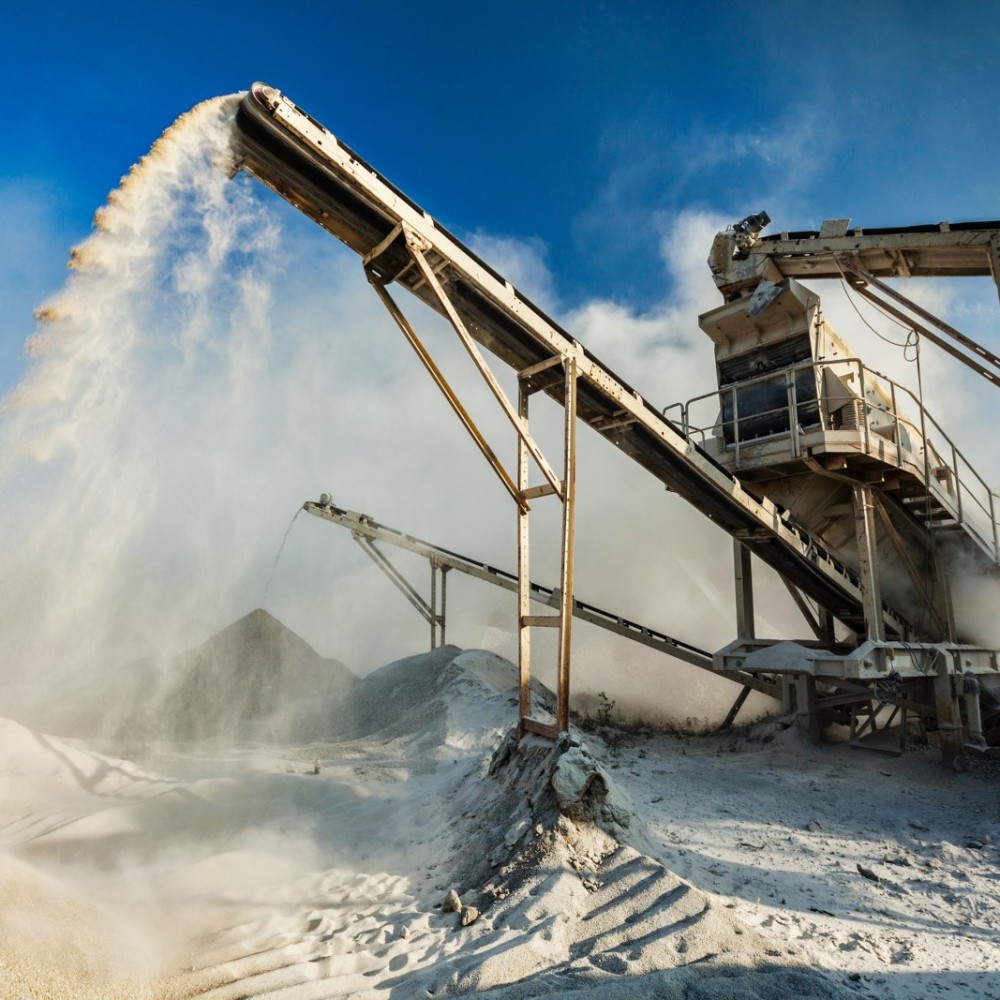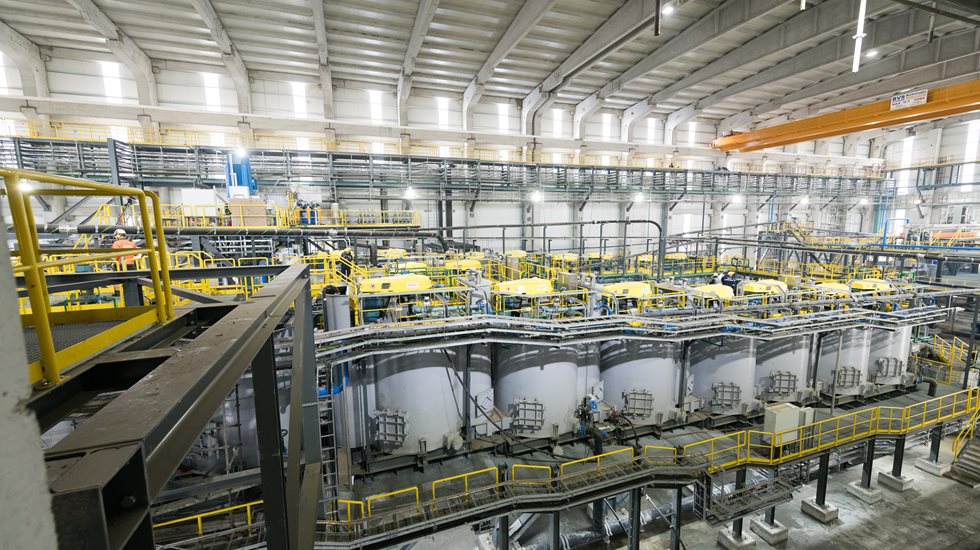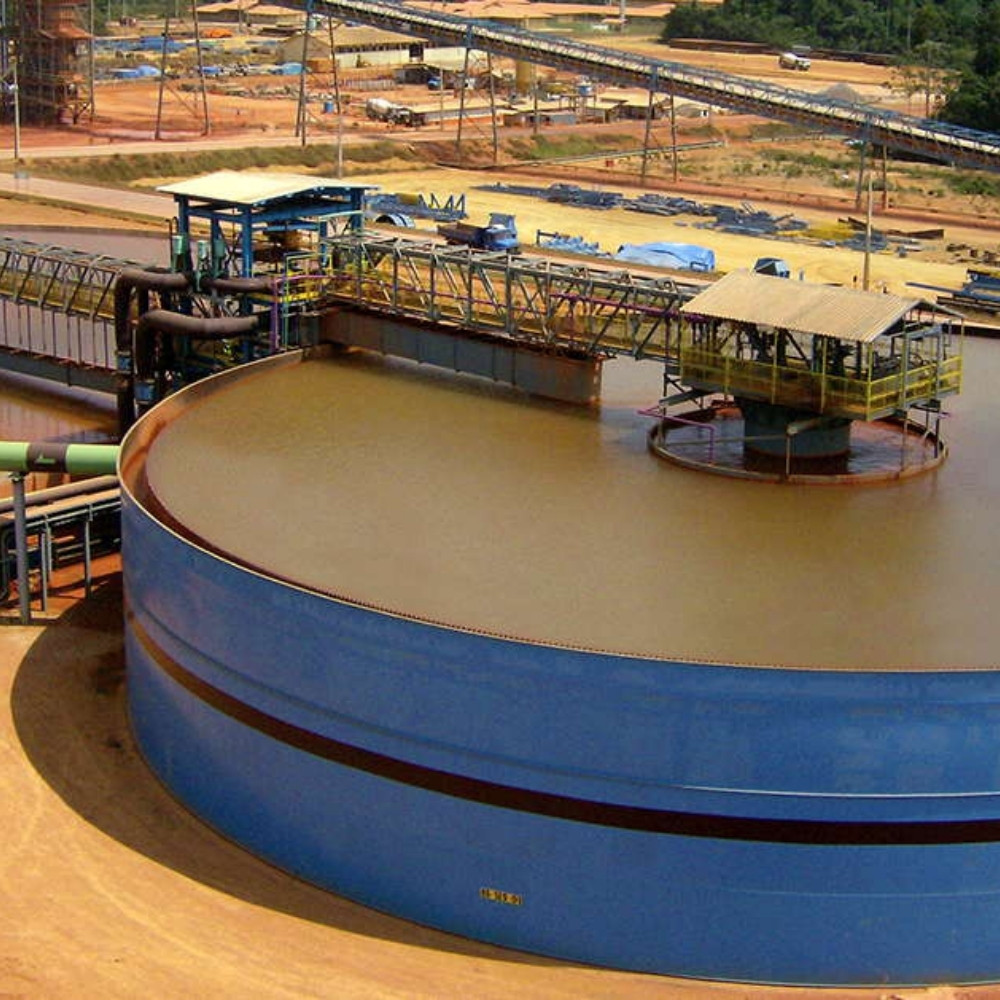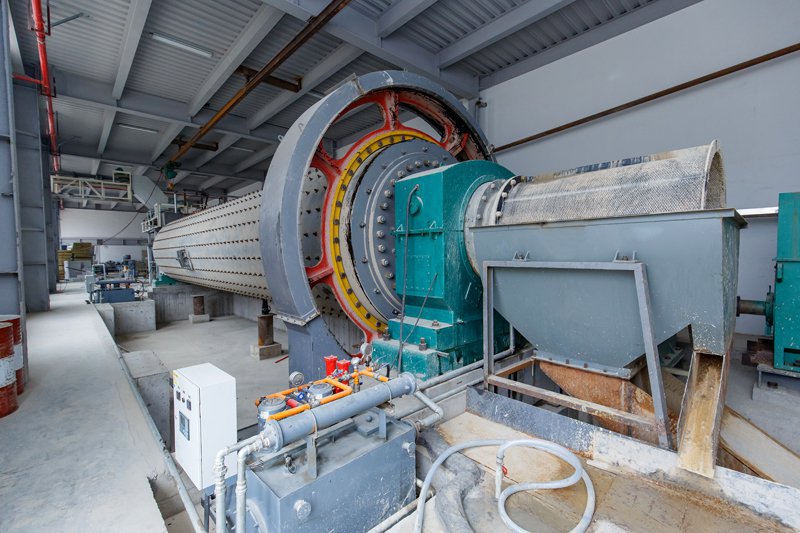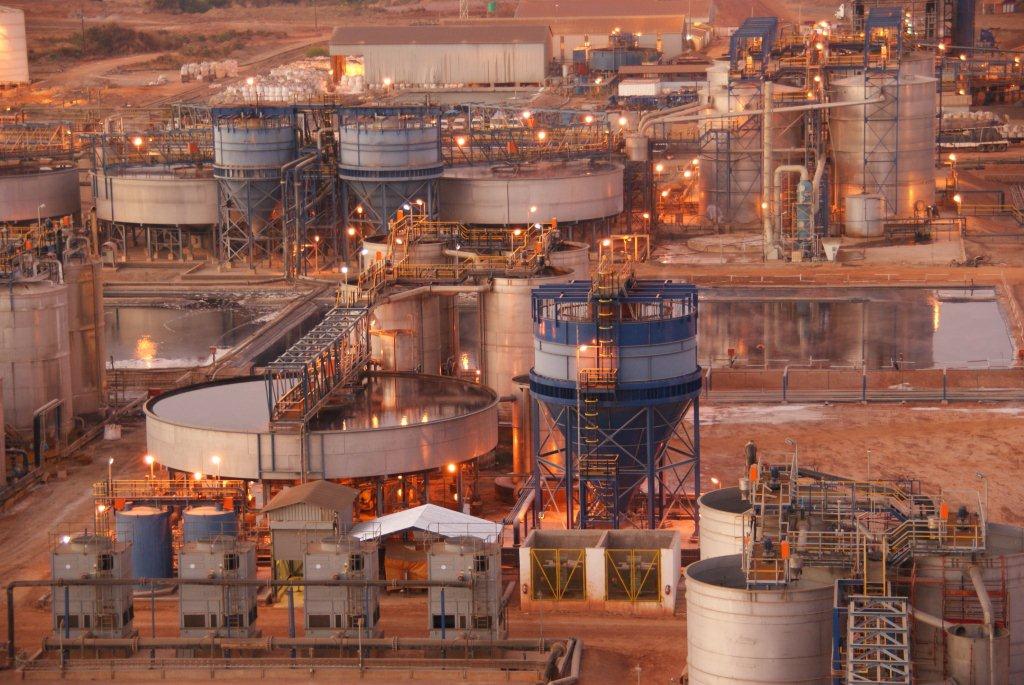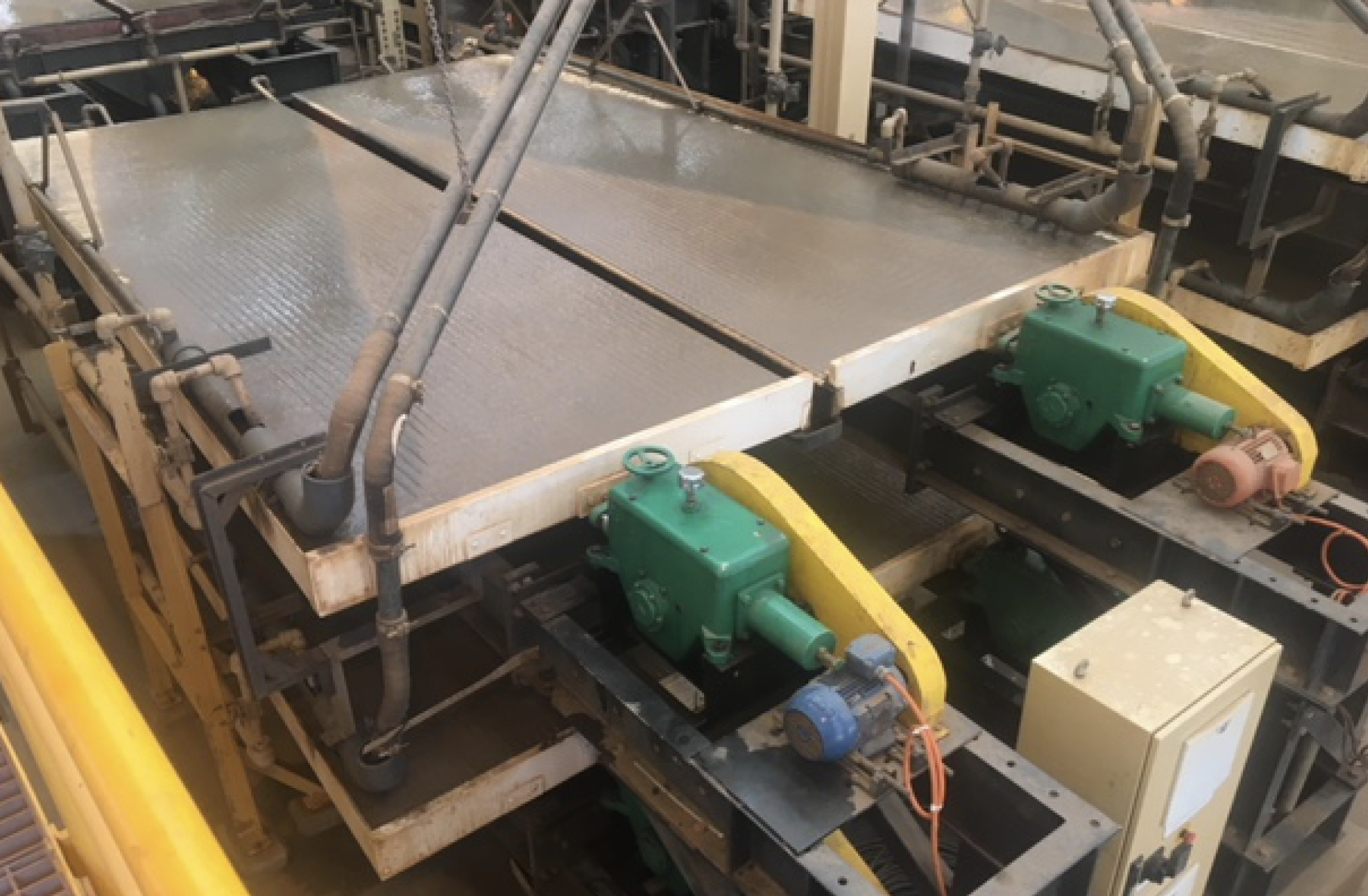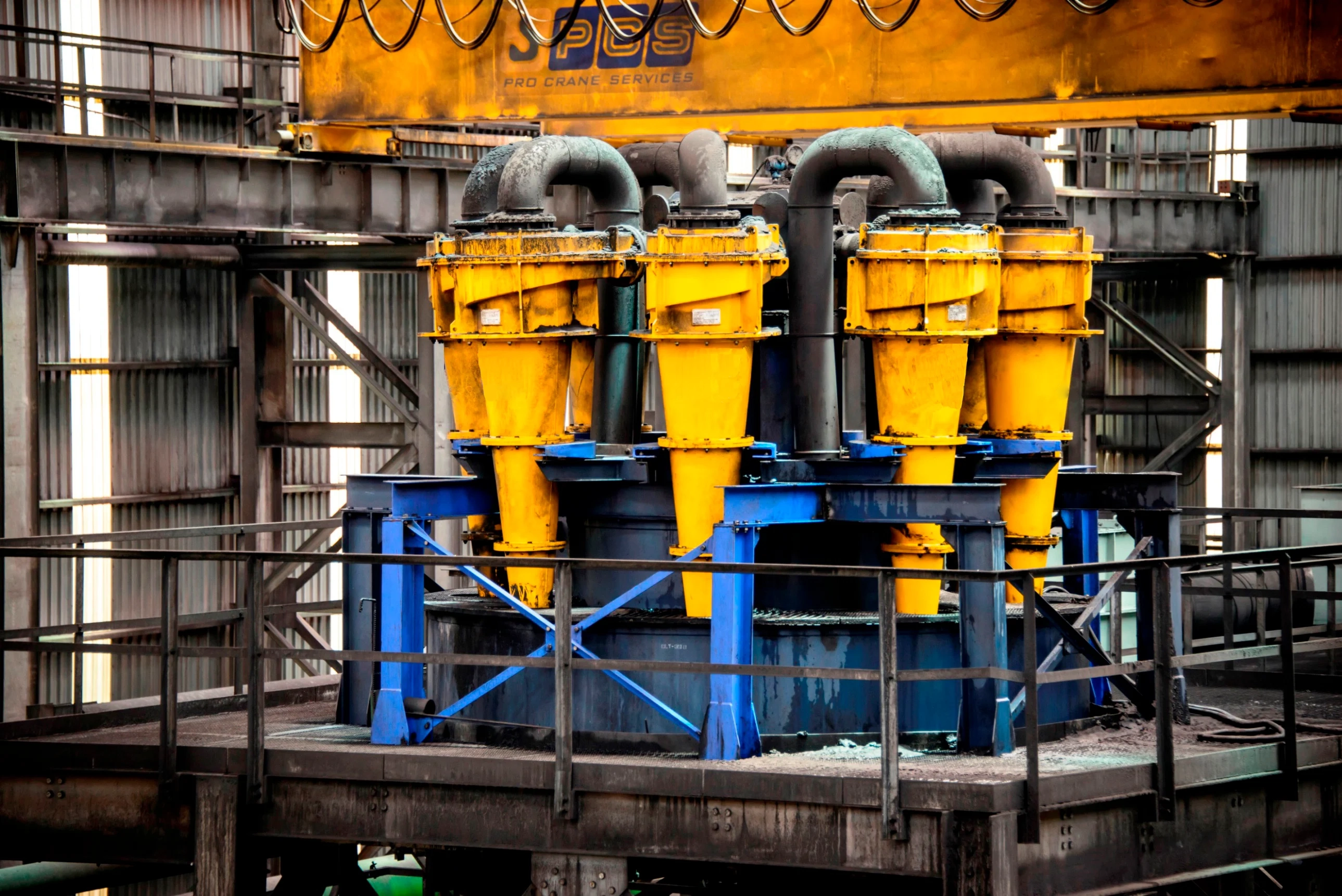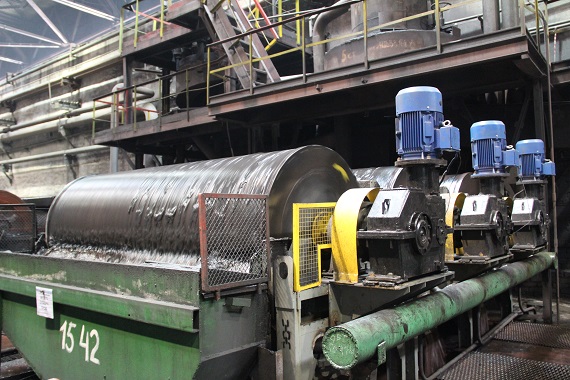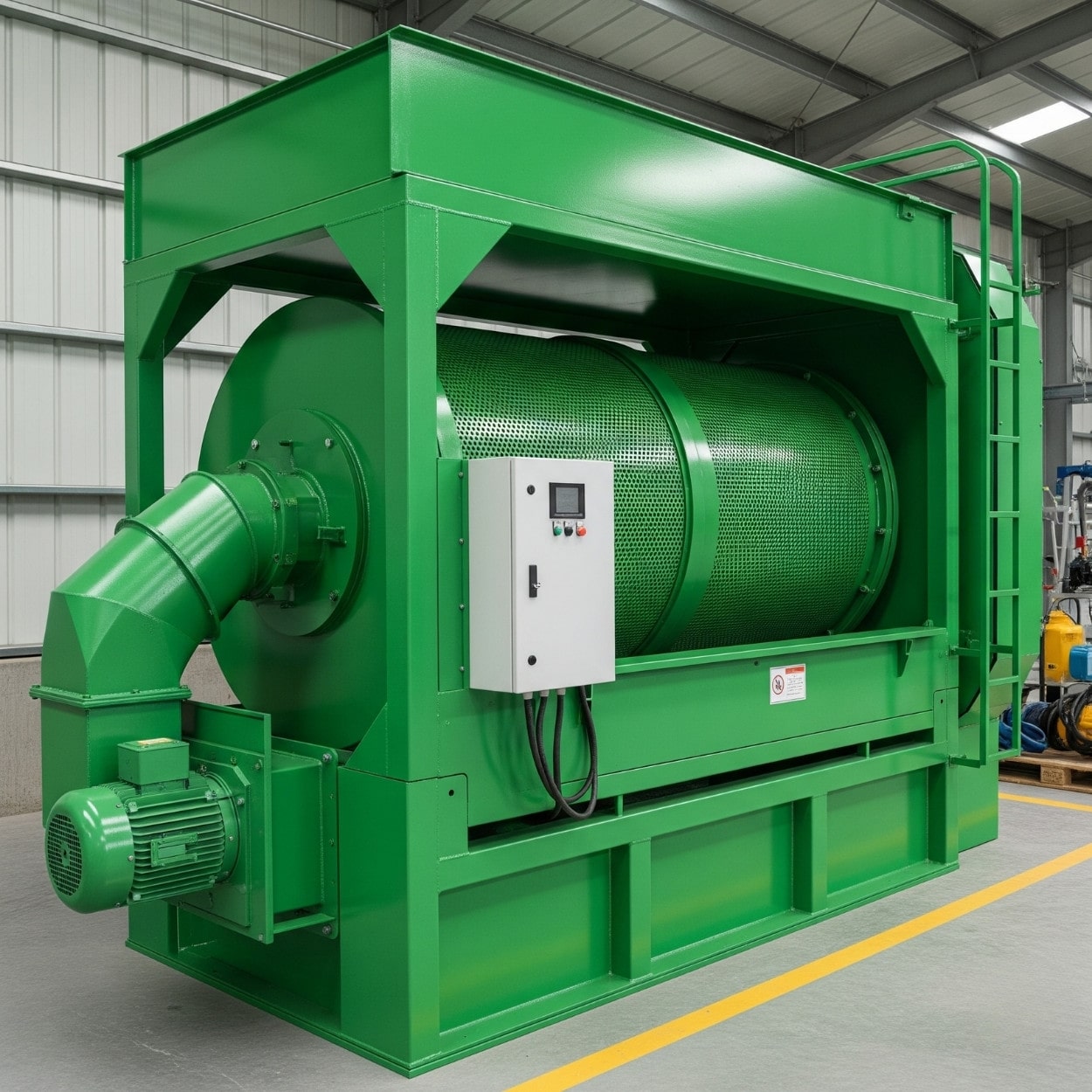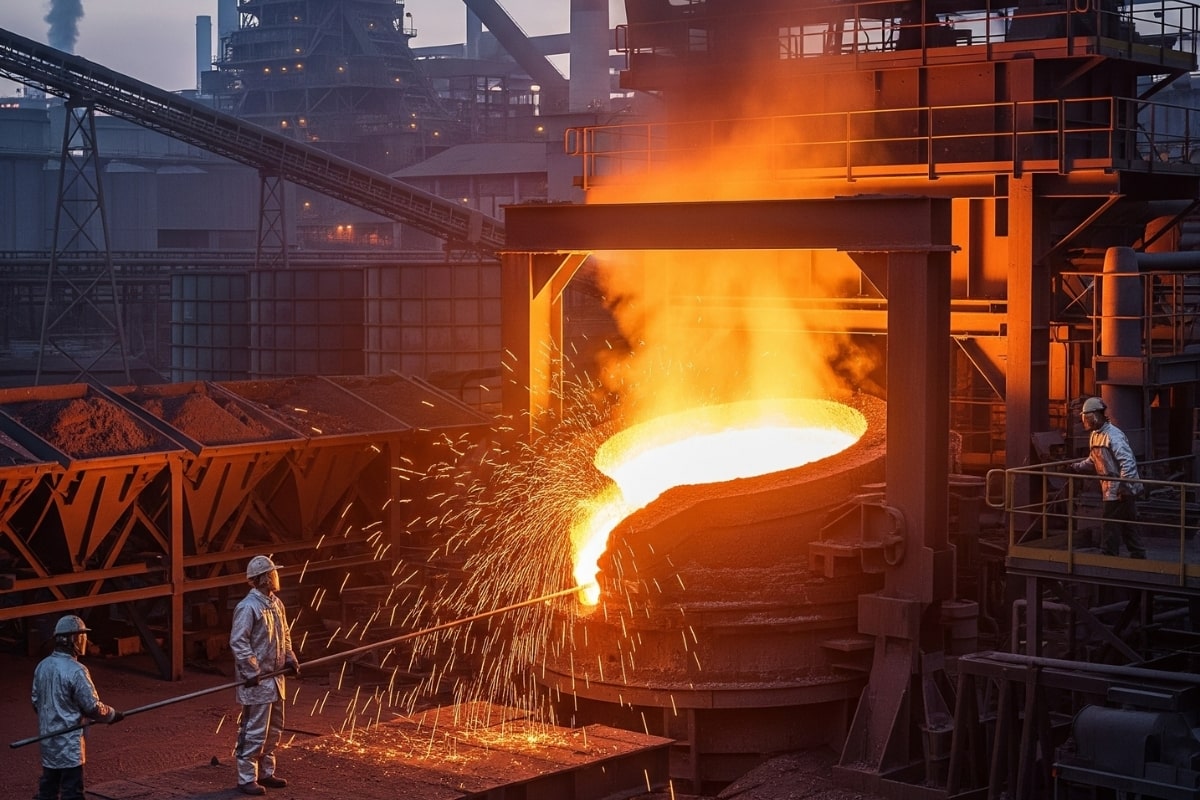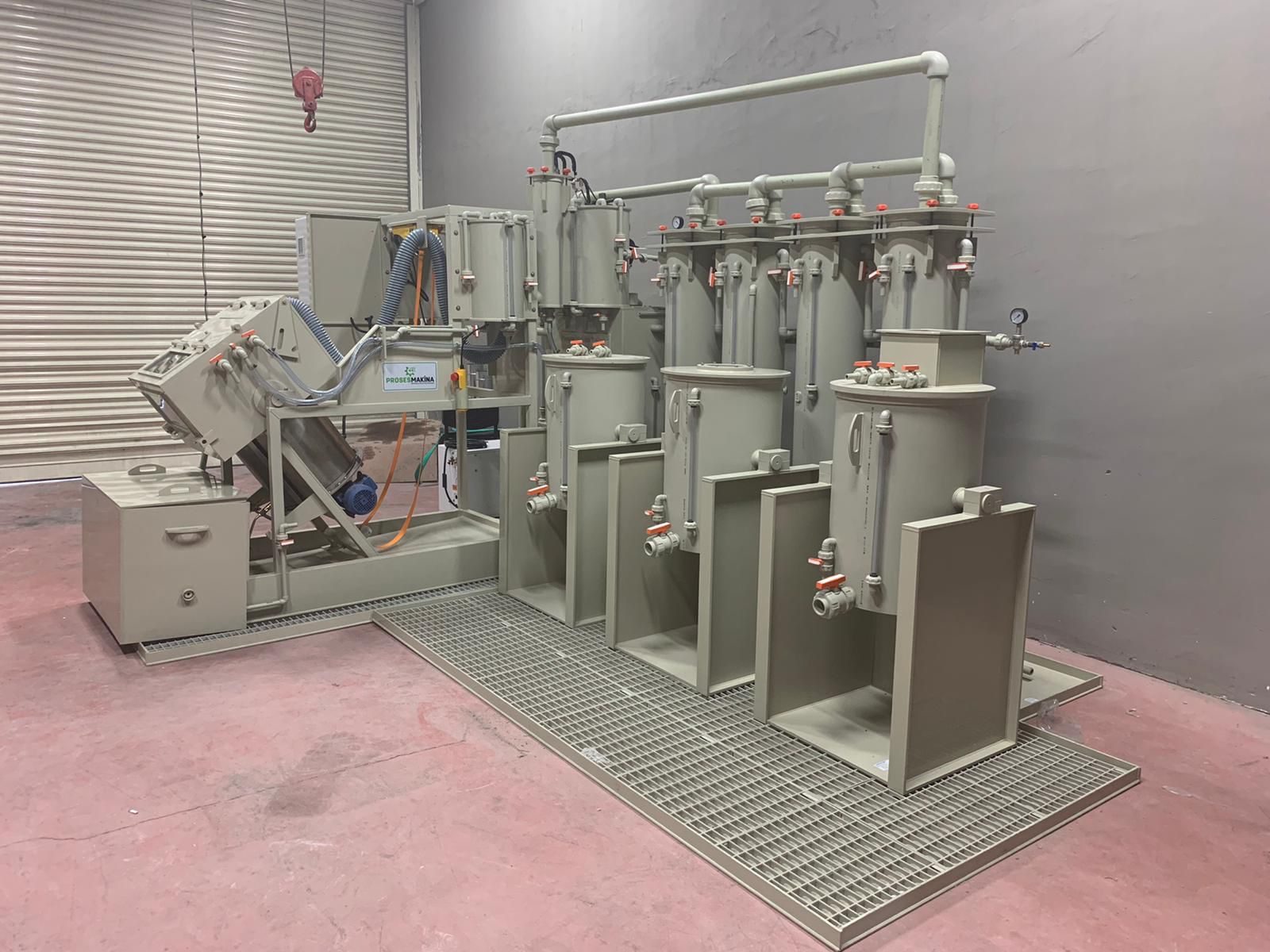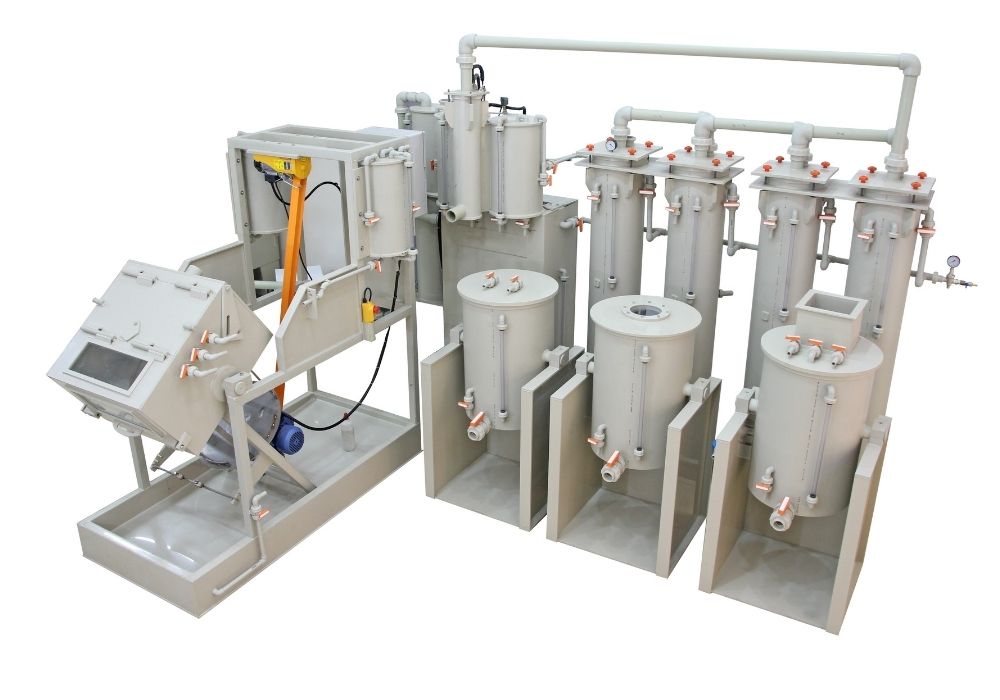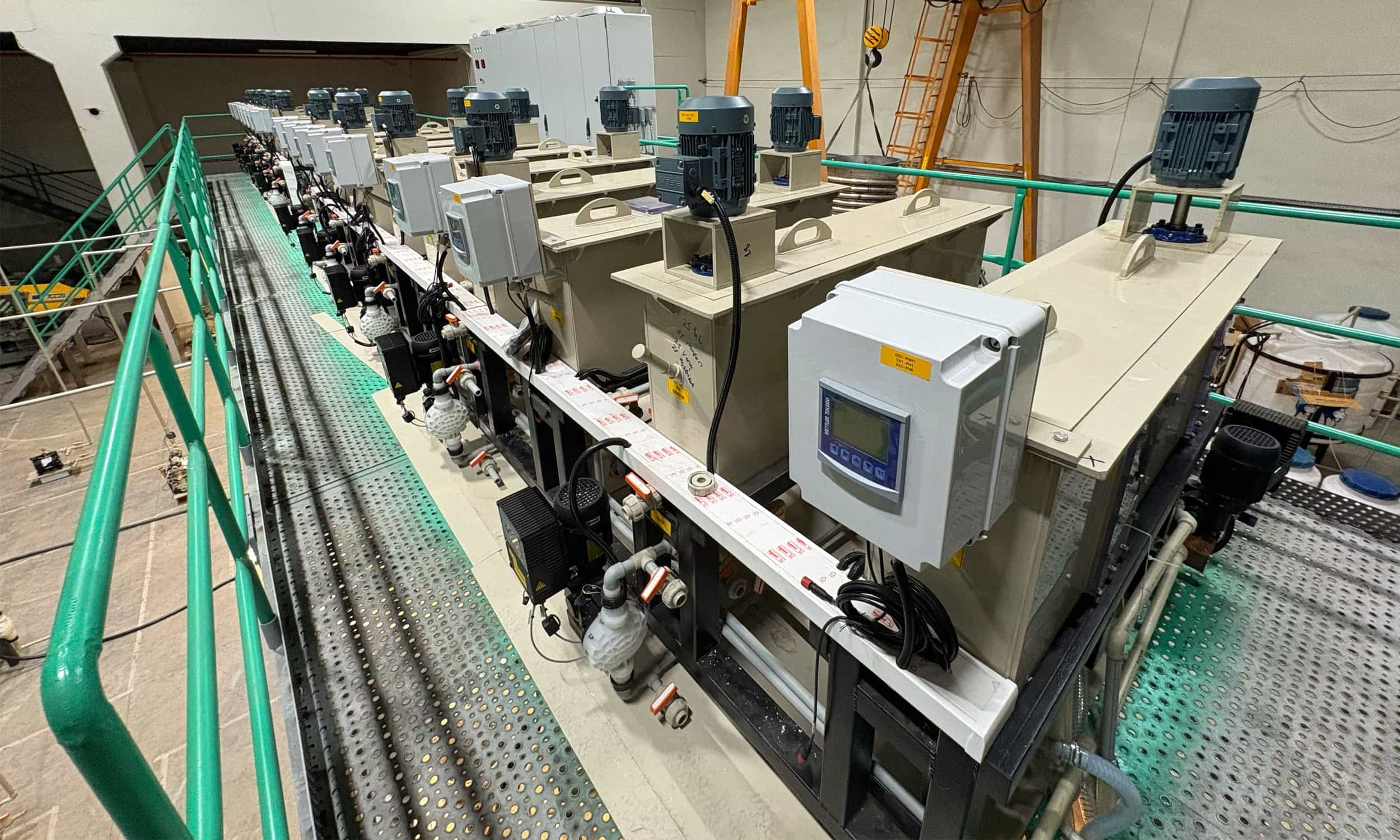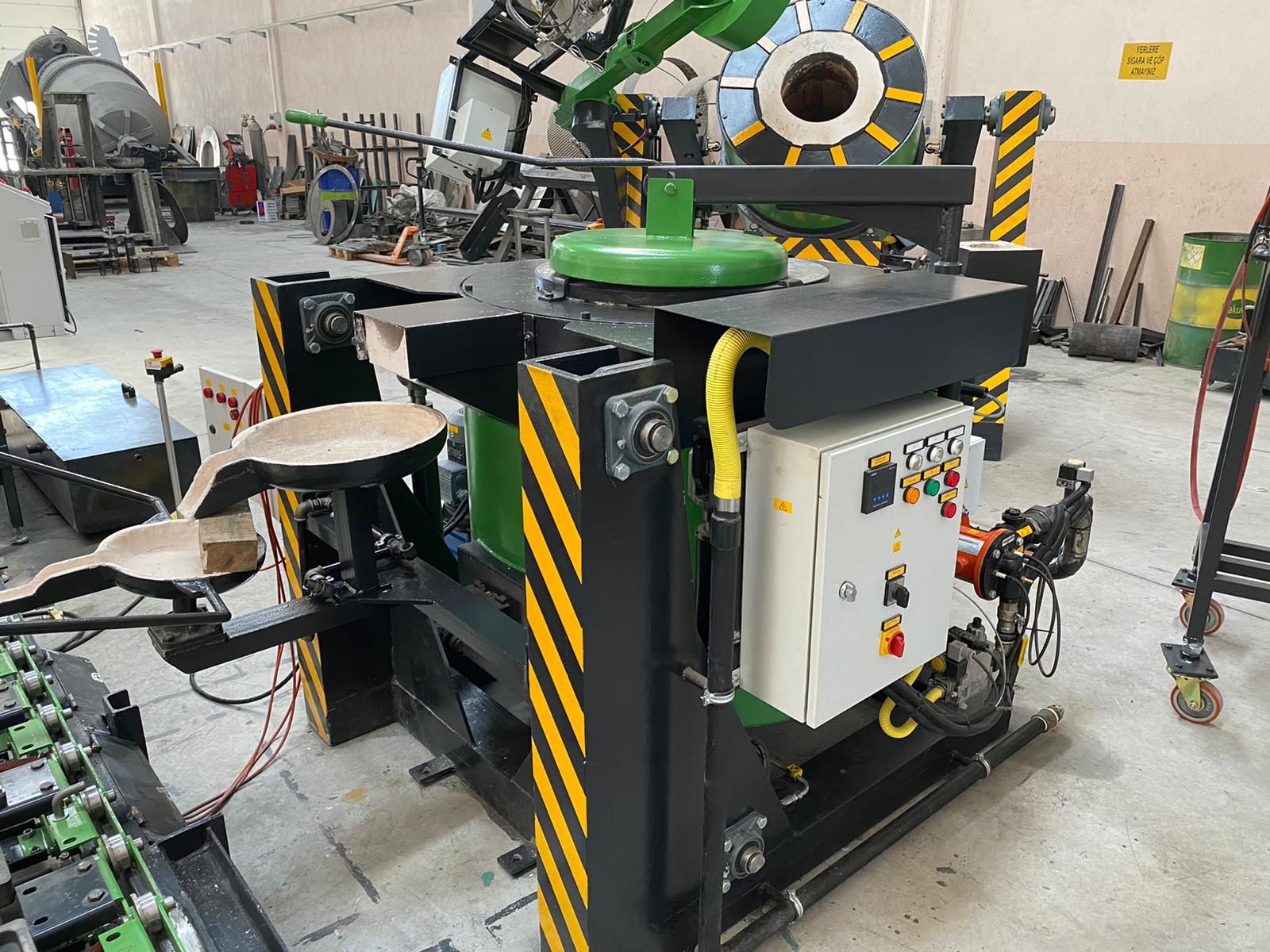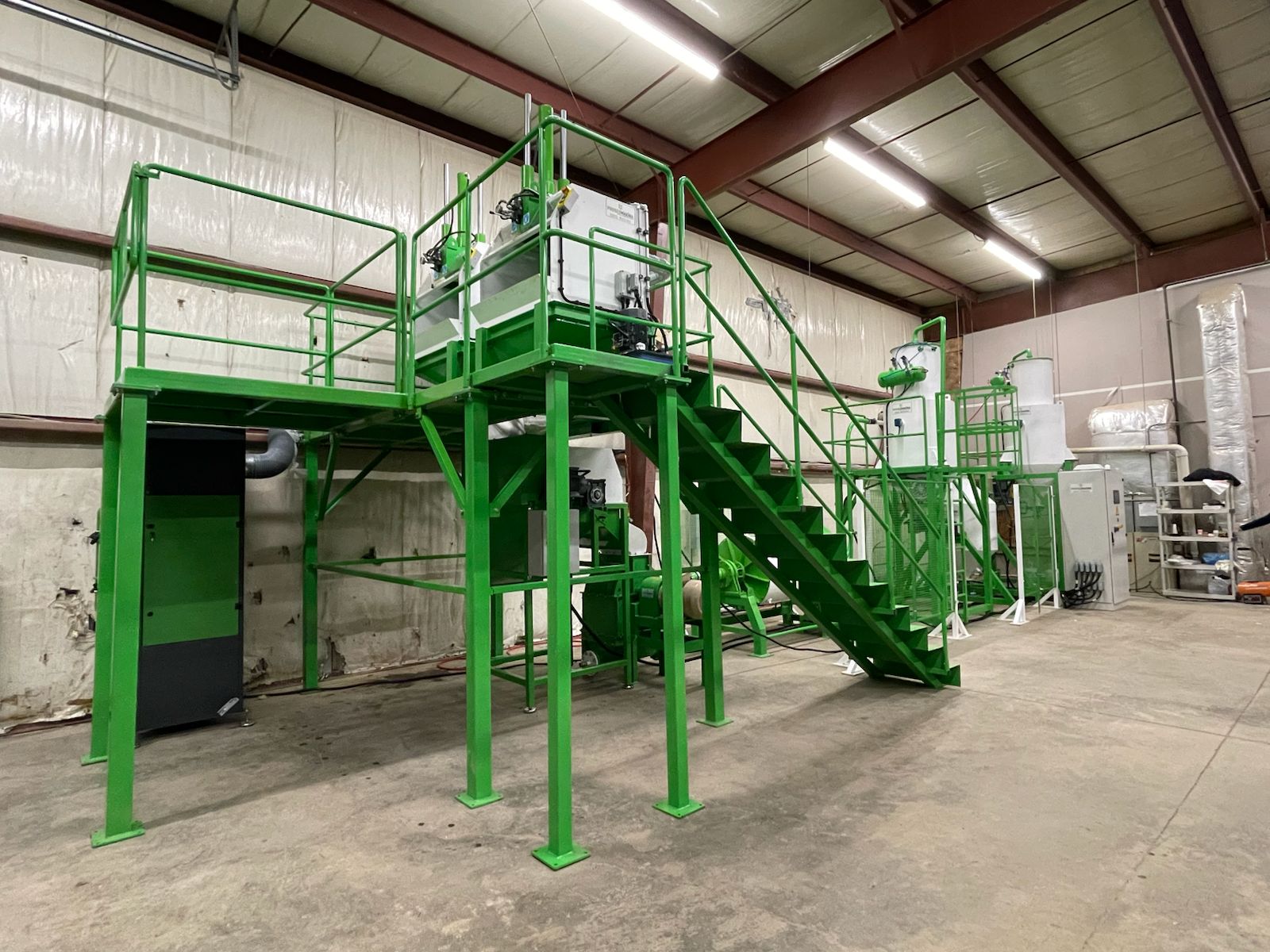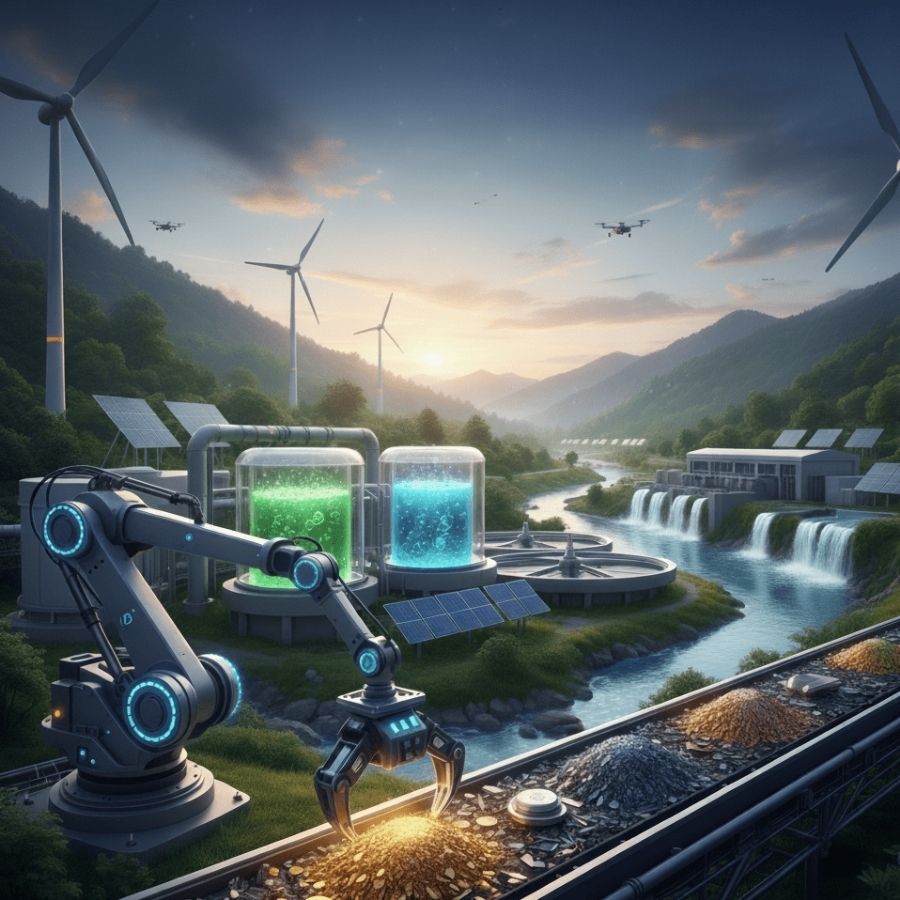The global demand for metals continues to rise, with total metal extraction increasing 3.5 times between 1970 and 2017, reaching 9.1 billion tons. Rapid economic growth is associated with significant environmental consequences. It is estimated that this growth accounts for 10% of global climate change impacts, 12% of particulate matter–related health issues, and contributes to water stress and biodiversity loss. As governments pursue low-carbon economies and sustainable development goals, the mining industry faces a clear imperative: to evolve from traditional, resource-intensive, and polluting practices toward environmentally andsocially responsible operations.
Green Mining: Reduce, Reuse, Recycle
Green mining is the industry's strategic response to the environmental challenges of conventional mining. The company's approach is holistic in nature. It is aimed at minimising ecological damage, conserving resources and improving efficiency throughout the entire metal life cycle. This commitment is not merely an environmental goal, but rather an economic imperative that is propelling innovation and competitiveness across various sectors. Green mining is fundamentally aligned with the "3R" principles: The principles of reduce, reuse and recycle should be followed. By integrating these principles into every stage of mining and refining, companies can achieve significant energy savings, recover valuable secondary resources, and extend the lifecycle of precious and critical materials.
A key component of this transformation is wastewater and process water treatment. The recovery of metals from wastewater ensures compliance with regulations and facilitates water reuse, while also transforming waste into a revenue stream. Advanced techniques such as sulfide precipitation and selective leaching are employed to recover valuable metals like copper, nickel, and gold from industrial effluents. This approach transforms environmental management into a profitable, circular solution. The sector has experienced rapid growth, illustrating the potential: the global mining water treatment market expanded from $2.29 billion in 2011 to $3.6 billion in 2016, driven by stricter regulations and heightened environmental awareness. These processes now extend beyond the mere filtration of water, creating added value through the recovery of valuable metals.
Proses Makina also contributes to the reprocessing of abandoned or low-grade mines, which are often overlooked in sustainability discussions. The process of hydrometallurgy is employed to recover valuable metals from tailings and residues. This reduces the need for further extraction and enhances resource efficiency. The company's modular, scalable systems integrate seamlessly with existing infrastructures, allowing clients to transition toward greener operations without sacrificing productivity.
Achieving true sustainability in mining is not just a matter of implementing technology; it necessitates a fundamental transformation towards a circular economy. By establishing a closed-loop system encompassing mining, processing, manufacturing and recycling, valuable materials can be seamlessly reintegrated into production, thereby minimising waste and optimising efficiency.
Green Chemistry for Precious Metal Recovery
Green Chemistry provides the scientific foundation for designing environmentally friendly chemical processes, making it an essential pillar of sustainable mining. Its fundamental principle is prevention over remediation, which means that the focus is on reducing or eliminating waste generation rather than on addressing it after it has been produced.
Green chemistry focuses on:
- Minimizing or eliminating solvent use
- Designing energy-efficient chemical systems
- Conserving reagents and feedstocks
- Avoiding toxic, corrosive, or hazardous chemicals
When applied to metal recovery, these principles transform traditional hydrometallurgical processes such as leaching, purification, and metal recovery into eco-efficient operations. By employing innovative separation techniques and selective solution mining, metals can be extracted and purified with minimal environmental impact.
Proses Makina integrates green chemistry into every stage of its precious metal recovery technologies. The company's electrochemical and hydrometallurgical systems recover gold, silver, platinum, palladium, and other valuable metals from ores, residues, electronic waste, and catalytic materials without using cyanide or acid-intensive methods. These advanced, energy-efficient technologies represent the new generation of sustainable metallurgy, where resource recovery no longer compromises environmental health. Through continuous R&D and process optimisation, Proses Makina enhances separation performance, precision recovery and overall process efficiency, delivering environmental and economic benefits.
Proses Makina demonstrates how innovation and sustainability can work hand in hand, from eco-friendly gold refining systems to advanced wastewater treatment and metal recovery technologies. The company’s commitment to green chemistry and circular design helps customers achieve environmental compliance, operational efficiency, and long-term profitability. In a time where environmental performance is as crucial as economic prosperity, Proses Makina exemplifies the path toward a cleaner, circular industrial future. By backing the global sustainability agenda, Proses Makina not only strengthens the competitiveness of mining and recycling companies in an increasingly resource-constrained world but also paves the way for a more sustainable future in the mining industry.

